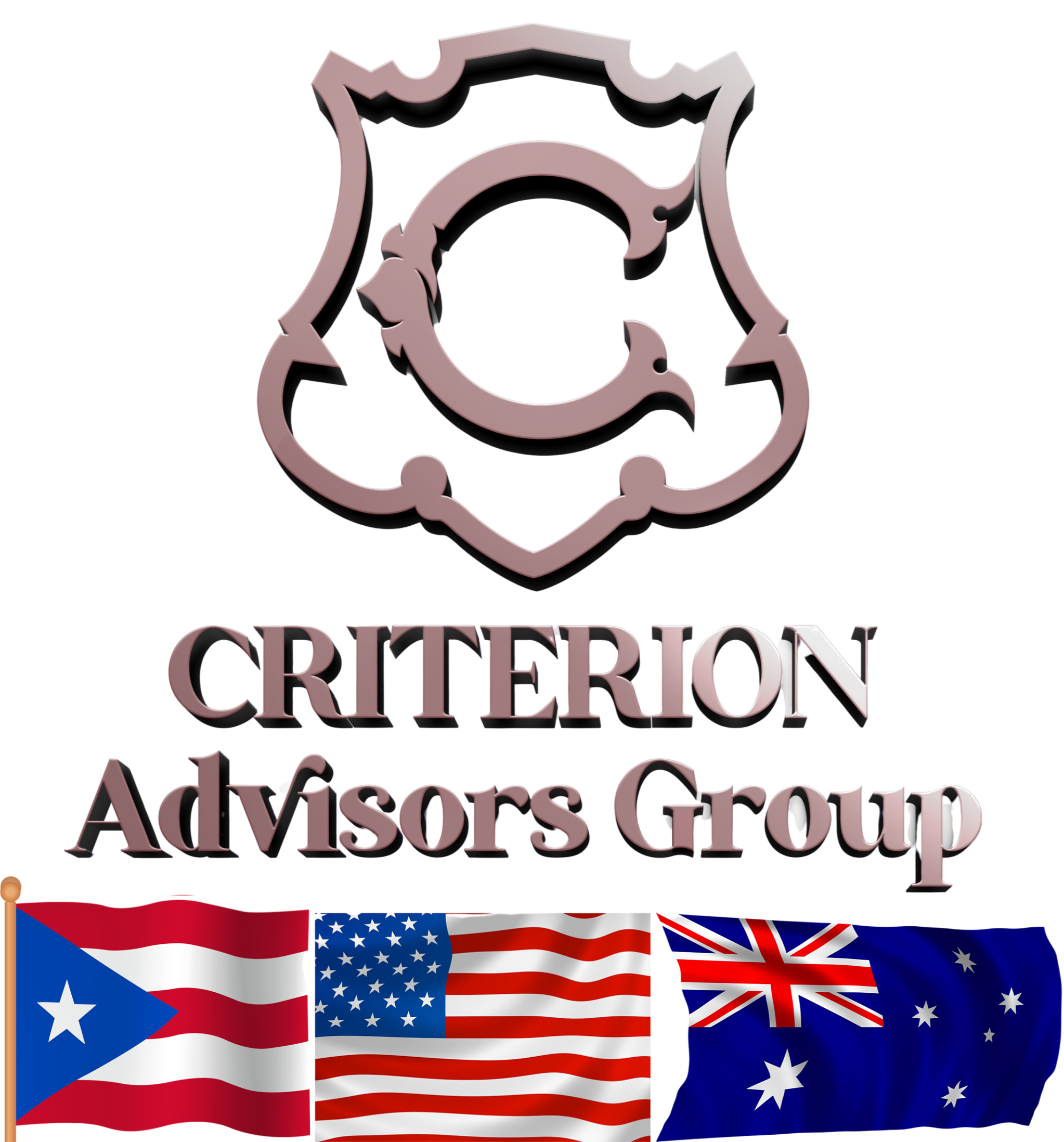Professional Corporation

A professional corporation (PC) is a specific type of legal entity that allows licensed professionals to provide their services while offering them certain legal protections. Typically established by professionals such as doctors, lawyers, and accountants, a PC combines the benefits of a corporation with the unique needs of licensed individuals. This structure is particularly appealing as it helps in limiting personal liability while ensuring compliance with professional regulations. Understanding the definition of a professional corporation is essential for any licensed professional considering this business structure.
One of the primary benefits of establishing a professional corporation is the protection it offers against personal liability for business debts and malpractice claims. In a PC, the corporation is responsible for its debts, which means that the personal assets of the shareholders—often the licensed professionals themselves—are typically safeguarded. This liability protection is crucial for those in high-risk professions, providing peace of mind that their personal finances will not be jeopardized by business-related issues.
Legal requirements for forming a professional corporation vary by state, but generally include obtaining a license to practice in the specific profession, filing articles of incorporation, and complying with any specific regulations governing the profession. Additionally, many states require that a majority of the shareholders must be licensed professionals in the same field. This ensures that the professional corporation maintains its focus on providing specialized services while adhering to the ethical standards of the profession.
When comparing professional corporations to other business structures, it is important to recognize the unique characteristics that set them apart. Unlike traditional corporations or limited liability companies (LLCs), professional corporations are specifically designed for licensed professionals. This distinction often affects how they are governed and the regulations they must follow, as well as their eligibility for certain tax benefits. Understanding these differences is vital for licensed professionals when deciding on the most suitable business structure for their practice.
Tax implications for professional corporations can be complex, as they often face different taxation rules compared to other business entities. For instance, professional corporations may be subject to double taxation, where profits are taxed at the corporate level and again as dividends to shareholders. However, there are also opportunities for tax deductions and benefits unique to PCs, such as the ability to deduct certain business expenses. Licensed professionals should consult with a tax advisor to navigate these implications effectively and maximize their financial benefits while ensuring compliance with tax regulations.

Types of Licensed Professionals
In the realm of licensed professions, understanding the various types of licensed professionals is vital for navigating the complexities of professional corporations. These professionals commonly include doctors, lawyers, accountants, and architects, each governed by specific regulations and licensing boards. The licensing process ensures that individuals possess the necessary qualifications and adhere to ethical standards, ultimately fostering public trust in these professions.
Each type of licensed professional operates under a unique set of legal requirements and frameworks. For instance, medical professionals must comply with health regulations and patient confidentiality laws, while lawyers must adhere to ethical guidelines set forth by bar associations. This differentiation is crucial when establishing a professional corporation, as it dictates the structural and operational requirements that must be met to maintain compliance and protect the interests of both the professionals and their clients.
Moreover, the benefits of forming a professional corporation can vary significantly across different licensed professions. For healthcare providers, liability protection and tax advantages can be substantial, while legal practitioners may find enhanced credibility and access to resources beneficial. Understanding these nuances helps licensed professionals make informed decisions about their business structures and strategies.

The distinction between professional corporations and other business structures is another important consideration. Unlike traditional corporations, professional corporations are specifically designed for licensed individuals, providing a safeguard against personal liability for professional malpractice. This aspect is particularly crucial for professionals whose work involves significant risks, allowing them to protect their personal assets while maintaining a legitimate business entity.
Lastly, tax implications play a pivotal role in the decision-making process for licensed professionals. Professional corporations often enjoy specific tax benefits, such as potential deductions for business expenses and the ability to retain earnings at a lower tax rate. However, it is essential for each professional to understand their individual tax situation and consult with financial advisors to maximize the advantages available under their specific licensing and corporate structure.
Contact Us for More Information
If you would like to learn more about Professional Corporations or request a personalized quote, we invite you to complete our Inquiry Form.
